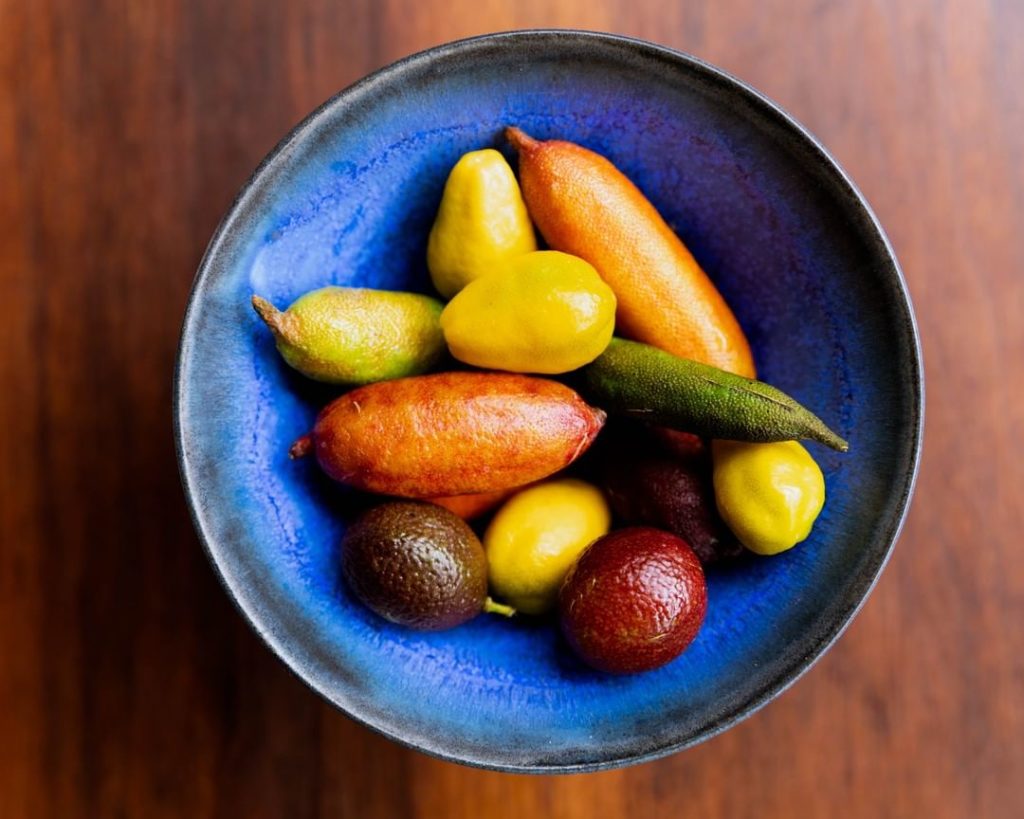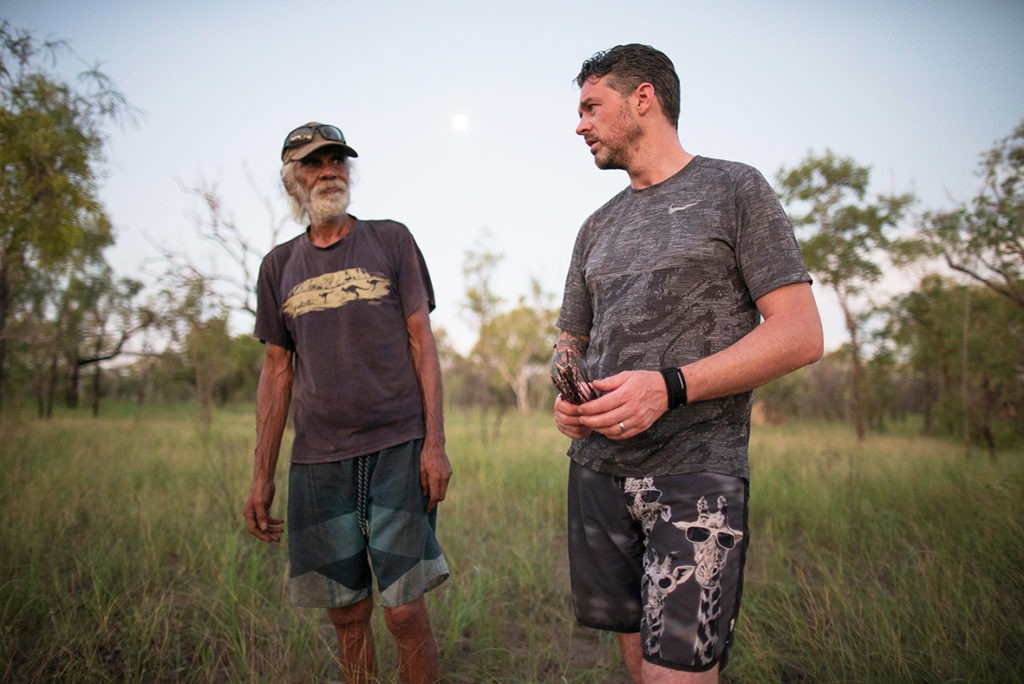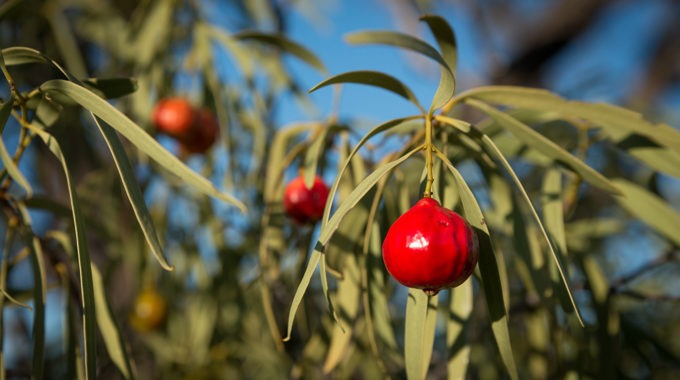Preserving Indigenous food culture
The Orana Foundation – a not-for-profit organisation dedicated to preserving Australian Aboriginal food culture and knowledge – has launched an Indigenous Food Database, compiling almost 1500 ingredients with the aim to build a native food directory that assembles knowledge of Australian plants, both native and introduced, that have been used for food by a range of Indigenous Australian communities.
It’s the first time this number of Australian ingredients has been collated, with the database drawing on published literature on Indigenous uses and specific scientific knowledge. The information has also been outputted as maps to show where to find the plants in Australia.
One hundred of the 1443 ingredients included in the database were further researched for food quality with additional nutritional content, ethnomedicinal uses, bioactive compounds, toxicity, functional properties and commercial uses.

A food flavour assessment was also documented on 50 plant species, with information gathered on nutritional profiles and taste and flavour, along with advice for their preparation and cooking requirements for culinary use, as well as a gastronomy evaluation.
Horticultural information for 99 plants from the database has also been included, with detailed distribution maps based on bioclimatic envelope analysis. Horticultural production trials are also generating additional information on propagation methods for some species.
The Orana Foundation founder Jock Zonfrillo says that It’s heart-breaking to think that during his own lifetime, Indigenous Australian language and culture is in danger of being completely wiped out, and that the past 60,000 years of passing cultural knowledge from one generation to the next is in jeopardy.
“Indigenous knowledge is being taken out of their hands and grown overseas with no benefit or acknowledgement flowing back to them,” he says. “We’ve seen this time and again, from sandalwood to wattleseed. By documenting traditional knowledge in this way, we’re putting a stake in the ground, saying, ‘That’s not okay, Indigenous food is not simply a transaction’.”

Jo Willmot, a Wakka Wakka woman and Board Director of The Orana Foundation, says that she hopes this work will propel the process of putting Aboriginal and Torres Strait Islander Elders in total control of the access and release of information, “as they see fit, for use in either preservation or collaboration, for greater economic power”.
Database findings were introduced to media and key members of the Australian Indigenous community on September 30 in a web conference, which included a panel discussion that focused on the significance of Indigenous food and the Australian culinary identity.
The database is currently with leading Indigenous intellectual property (IP) lawyers, Dr Terri Janke and Company, to ensure all ethical research obligations are met and Indigenous cultural and IP protocols have been followed. After this work is complete, the database will be handed over to an Indigenous entity, which will be the custodian of the records.
“It has always been our intention for Indigenous people to decide where to from here with the database,” Zonfrillo says. “It could be a time capsule for traditional knowledge; it could be used by schools for education; it could be commercialised. Whatever the future of the database is, it will be decided by Indigenous people in a time and manner that they wish.”









